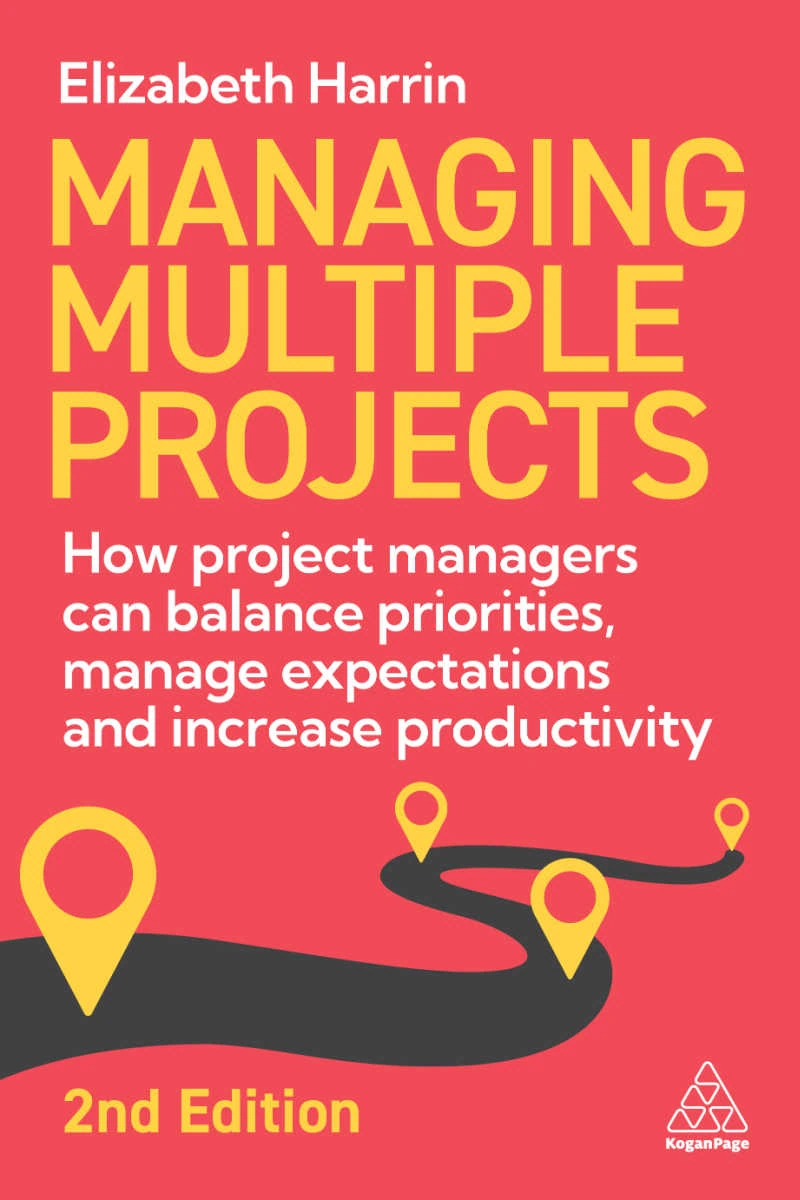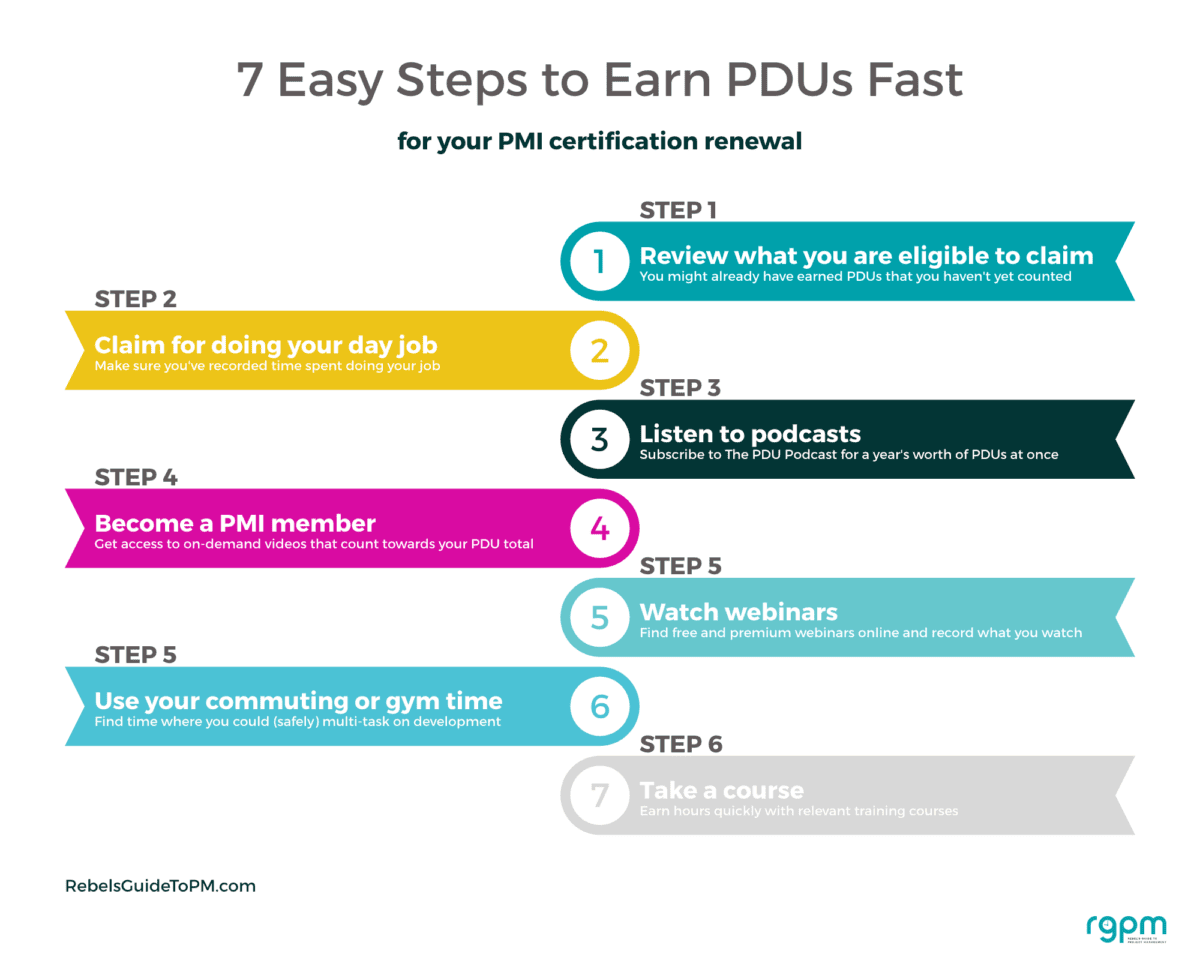PRINCE2® and PMBOK®: How They Compare
This blog is reader-supported. When you purchase something through an affiliate link on this site, I may earn some coffee money. Thanks! Learn more.
I was interviewed by Diego Nei for the Brazilian blog, Papo GP (Talking PM – I think I’ve got that right). We were talking about PRINCE2®, what it means to get qualified and how it compares to the PMBOK
If you’re up for it, you can read the interview in Portuguese, but Diego has also sent me the interview in English and let me reproduce it here.
I have updated my responses in order to better reflect the PRINCE2
—
Today, on our Project Management Methodologies Series, we’re going to interview Elizabeth Harrin, from the award-winning blog A Rebel’s Guide to Project Management. Elizabeth is the author of Shortcuts to Success: Project Management in the Real World and writes widely on the topic of project management for a range of publications. She first took her PRINCE2
Hello Elizabeth, thanks for coming, how are you?
Well, thank you!
Elizabeth, what’s the story behind the PRINCE2® methodology?
PRINCE2
Since then it has been adopted by the public and private sectors world-wide and revised several times; PRINCE2
In 2020, AXELOS, the awarding body for the PRINCE2
In brief, how does PRINCE2 work?
PRINCE2
This is all done in an environment of seven themes: business case, organization, quality, plans, risk, change and progress. There are also seven values.
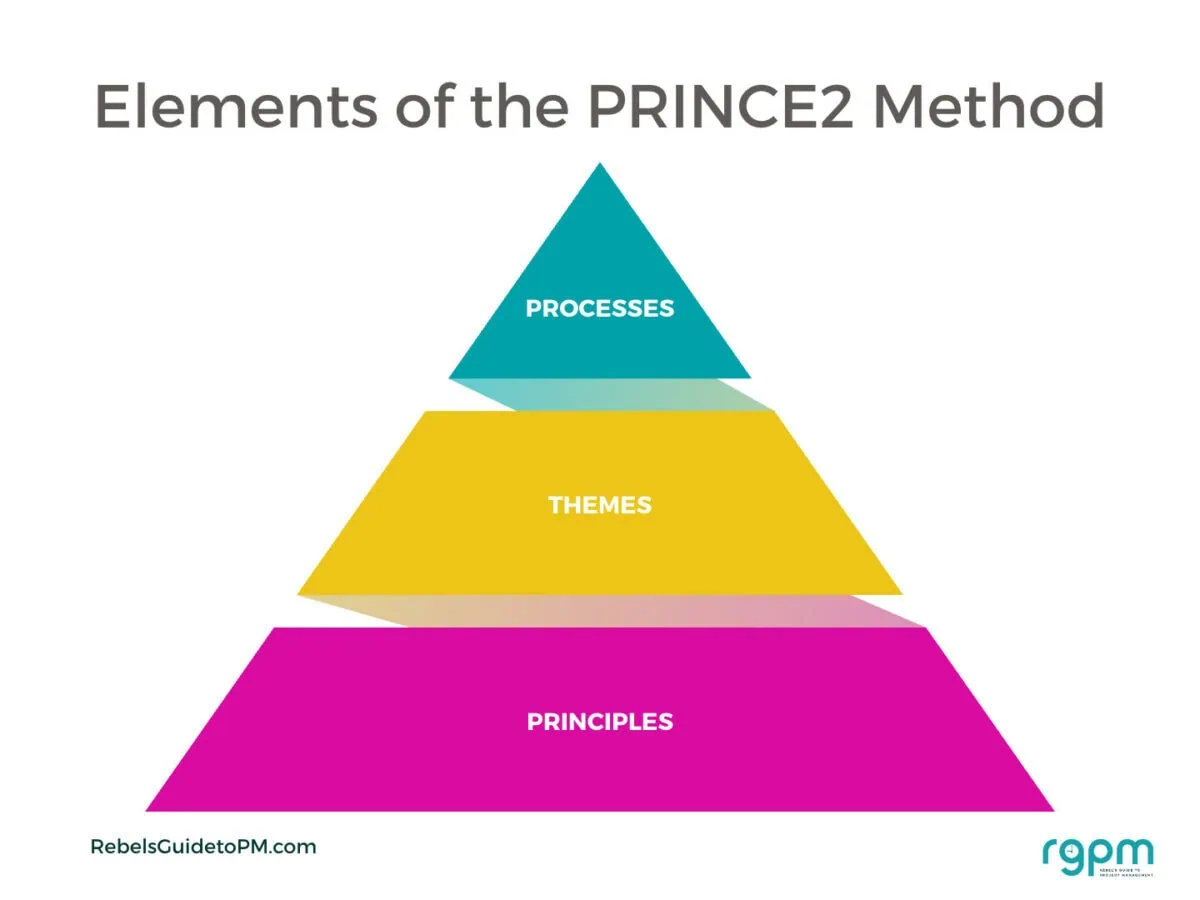
How do these themes correlate to the project lifecycle we find in the PMBOK® Guide ?
There’s a lifecycle in PRINCE2
In PRINCE2
PRINCE2
The PRINCE2 guidance is not specifically
What are the main differences between PRINCE2® and the PMBOK® framework?
PRINCE2
PRINCE2
There are other differences: the
You won’t find anything in PRINCE2
Are PRINCE2’s concepts exclusive or complementary to the PMBOK® Guide?
PRINCE2
In fact, a growing number of project managers are doing just that, and showing the value of using the
The key to making flexible methodologies like PRINCE2
The
PRINCE2
A Guide to the Project Management Body of Knowledge (also known as the PMBOK® Guide -- 7th Edition) is core reading as prep for PMI exams.
It's also a useful overview of ways of working, and this version includes The Standard for Project Managers too.
What are PRINCE2® ’s strengths?
It’s very structured. It’s approach to running a steering group or project board is very clear and there is an emphasis on roles and responsibilities. There is a lot of documentation but you don’t have to do it all and what you do complete really helps people understand the project scope and get things right.
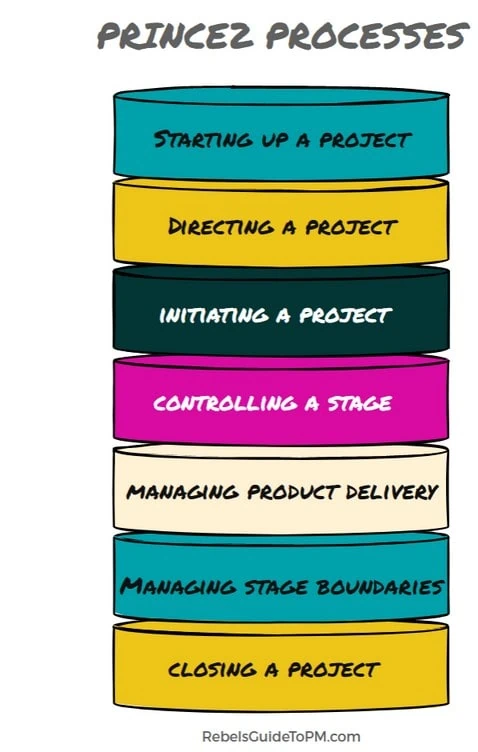
And what are the weak points?
As I said, PRINCE2
In my experience, a project board, or steering group, ensures much wider buy-in for the deliverables and benefits across the organization. Project managers need to be able to engage stakeholders effectively, and that’s far more part of the job now than the technical skills. I’m a project management mentor and the people I talk with often report that the hardest part of getting stuff done is simply working with others.
The downside of boards is that they are harder to set up and manage, and sometimes having one person who provides executive sponsorship can be all that is needed to make decisions quickly. Boards can also be overkill for small projects — as can a lot of PRINCE2
The 5th edition of the
Is there any kind of project where PRINCE2® is recommended over other methodologies?
No, not that I’m aware of.
What are the most used tools and software on PRINCE2® ?
PRINCE2
There are a set of useful document templates and organizations tend to pick and choose from those.
Where can we find those templates? Are they free?
They are on the AXELOS website, and yes, at the time of the interview they are free. You can get a business case, project brief and project initiation document.
Once you’ve passed, you can subscribe to the MyPRINCE2 service which gives you access to more templates and other resources.
If you don’t like the ‘official’ templates have a hunt online to see what you can get for free. I have some free project management templates, although they aren’t PRINCE2
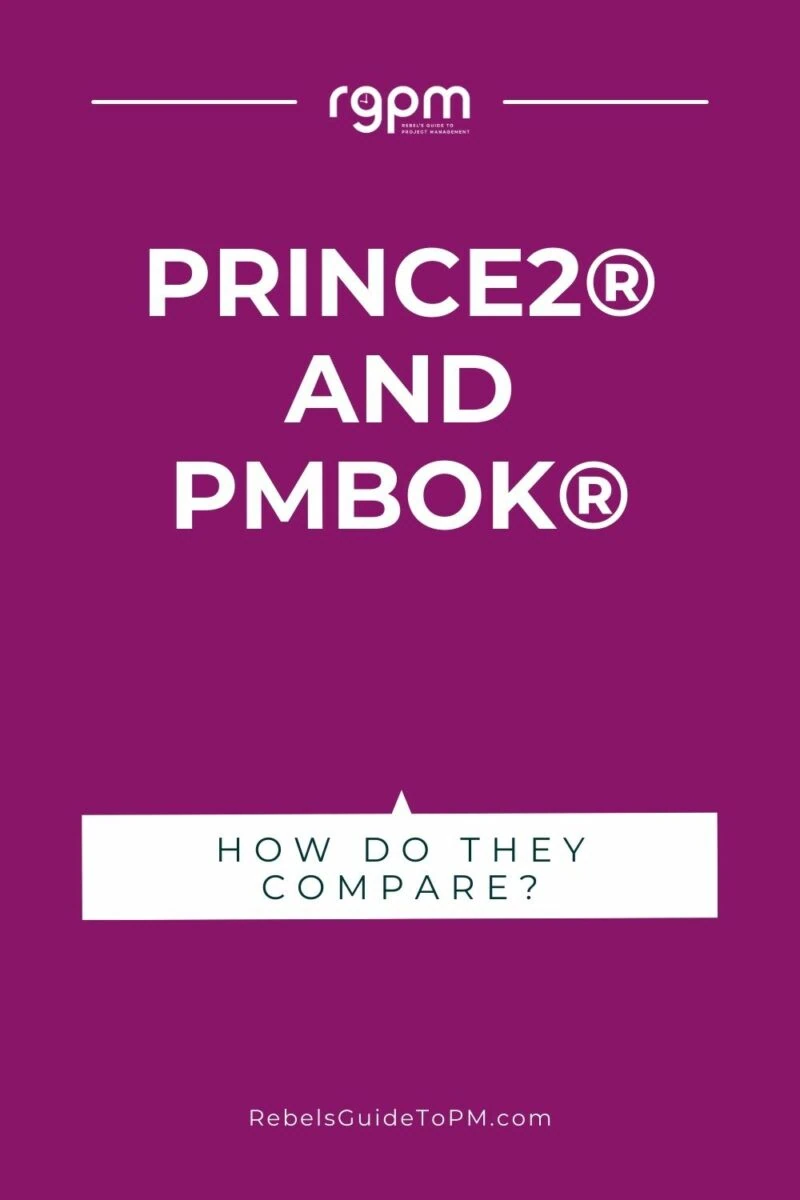
PMI regulates the PMP certification. What agency regulates PRINCE2® ’s certifications?
AXELOS administers the PRINCE2
What is the process to become a Certified PRINCE2® Foundation and PRINCE2® Practitioner? Are there eligibility requirements?
There are no eligibility requirements for either exam. Take a training course online, or learn yourself from the manual, then sit the exam. You will typically get Foundation results back the same or next day. It takes longer to find out if you have passed Practitioner exams.
Still about certifications, what are the differences between the Foundation and Practitioner certifications?
The Foundation exam is about knowing knowledge, the Practitioner exam is about being able to apply that knowledge in practical situations to deliver successful projects.
A Practitioner training course is typically 5 days, where you learn the basics early in the week, take the Foundation paper on the Wednesday and then learn the more advanced stuff and take the Practitioner exam on the Friday.
As you would expect, the Practitioner exam is longer, more difficult, and has a higher pass mark than the Foundation exam!
The same is true of the PMI family of certifications: you don’t need experience to take the Certified Associate in Project Management (
How do you retain the certification? Is there something like PMI’s PDUs?
There is a Continuous Professional Development scheme like PDUs, but you don’t have to go for it.
You can either opt out of CPD and then take the exam again after 3 years (it used to be 5 years… it feels like there is a move towards getting more people to opt into continuous professional development if you ask me). Or sign up for the CPD scheme and earn 20 points each year for three years. Then you don’t have to take the exam again, and the cycle starts again.
In Brazil, where can people take the exam for the PRINCE2® certifications?
There are Brazilian training providers offering PRINCE2
How do you see PRINCE2® ’s growth nowadays, considering the high value the PMP Certification is getting over the years?
I don’t know where this view that PRINCE2
(laughs)
PRINCE2
There is 20% growth year on year, and as project-based enterprises are only increasing, I can see this continuing.
There are 652,000 members and 1,225,000 credential holders in over 200 countries****, with more than 80k proctored exams in 2020 alone*****. The 7th edition
Where can interested people find resources to study about PRINCE2® ?
I recommend the training courses from Management Plaza. They’ve got a good selection of materials including an exam simulator, great student reviews, and an active Facebook group.
A comprehensive and accredited PRINCE2® Practitioner online course, including exam voucher and simulator access.
Thanks a lot for the interview Elizabeth, it was a pleasure having you here with us on Papo GP! Would you like to share final considerations?
Another thing to note is that PRINCE2
There are lots of places like this blog and my blog, and the #pmot group on Twitter where you can meet like-minded people at no charge!
Take it further
- Read an overview of the PRINCE2 method.
- Talk to your employer about what certifications are most relevant to them, and ask your colleagues what credentials they have. That information can help you make the best choice about what kind of qualification is going to be right for your career advancement.
- Check out my recommended reading for PRINCE2.
**This statistic is from the Axelos site, who have the certification ownership rights of PRINCE2
*** This statistic is from a 2021 update on KnowledgeTrain
****From the 2020 PMI annual report
*****As published in the 2020 PMI annual report financials

